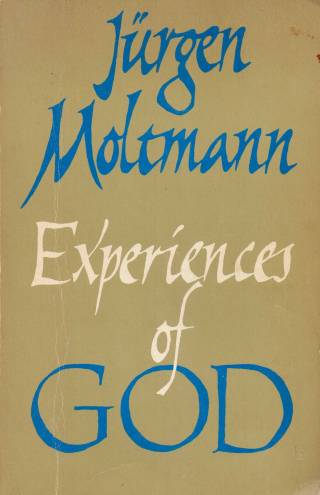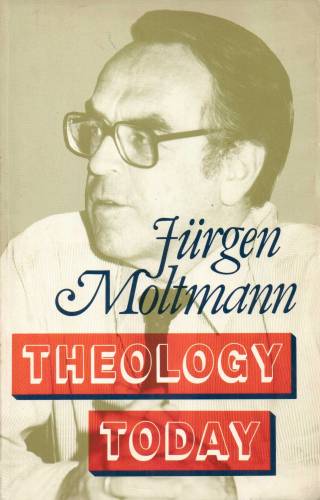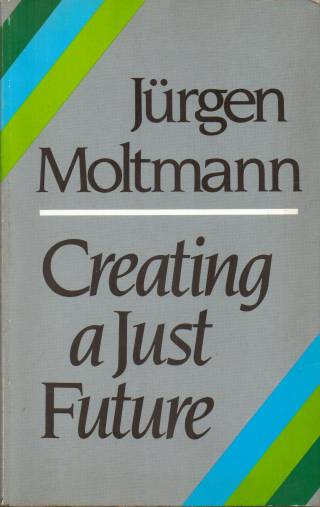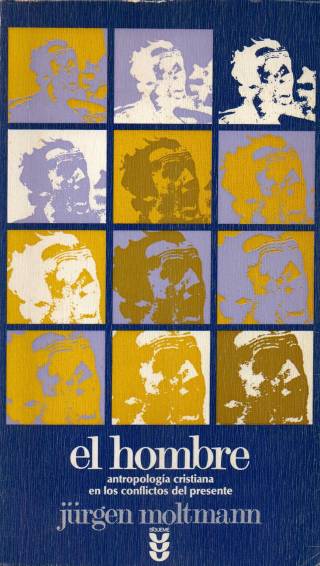Experiences of God / Moltmann, Jürgen - Donación Ana Rita, Carlos, Rubén Pagura Alegría
Hope and anxiety are two of the most basic human experiences. They can also be seen as more than human experiences, in fact, as pointers toward God. This is the approach that Moltmann takes in this new book of personal witness. He also considers the theology of mystical experience over the long history of the Christian church.
These thoughtful reflections are preface by perhaps the most interesting account of all, "Why I am a Christian", which offers the author's confession of faith.
U14444
Theology today : two contributions towards making theology present / Moltmann, Jürgen - Donación Ana Rita, Carlos, Rubén Pagura Alegría
Is this new short book professor Moltmann approaches modern theology in two ways. The first part is chronological, and traces course of theology through the twentieth century, starting from the legacy left to it by the nineteenth century. In particular he highlights the related quests for secular relevance and Christian identity, both carried on in an "ecumenical age",
The second part looks at four different specific realizations of these quests by modern theologians: existentialist theology represented by Rudolf Bultmann and the problem of history; transcendental theology represented by Rahner and the problem of anthropocentrism; cultural theology represented by Paul Tillich and the religious interpretation of the secular world; and political theology.
U14443
Creating a just future : the politics of peace and the ethics of creation in a threatened world / Moltmann, Jürgen - Donación Ana Rita, Carlos, Rubén Pagura Alegría
Here is Moltmann discussing the questions that matter more than any other for our world: How is it posible to create a world society worth living in? What positive contribution can Christians make in the face of the nuclear threat? What can be done to mobilize concern for the future of the environment and its natural resources?
Moltmann provides a new combination of insights from the Bible and from oriental religion as he has come to know it through his work in the Far East to produce some fresh and challenging perspectives on the primary global issues of our time.
U14442
El hombre : antroplogía cristiana en los conflictos del presente / Moltmann, Jürgen - Donación Ana Rita, Carlos, Rubén Pagura Alegría
A pesar de las declaraciones solemne, la historia muestra que la diferencia existente entre "el hombre" y la realidad personal, social y política de los hombres constituye un tormento continuo, El autor pretende exponer qué es para él lo humano. Sin ninguna osadía, como contemporáneo de los sufrimientos y esperanzas que hoy día atormentan y mueven a los hombres. Si no se entrega a la resignación meditada de que es mejor callar, ello se debe tan sólo a que en Dios ve él la dignidad de este hombre digno-de-cuestión, y en consecuencia opina que la teología viene a tematizar la antropología. Desde esta perspectiva, mientras buscamos lo que hay de "hombre" en el hombre, viene a hacerse cuestionable mucho de lo que teníamos por incuestionable y que por obvio, y se iluminan de esperanza realidades que juzgábamos desesperadas, destinadas a la humillación y al fracaso.
U14441





